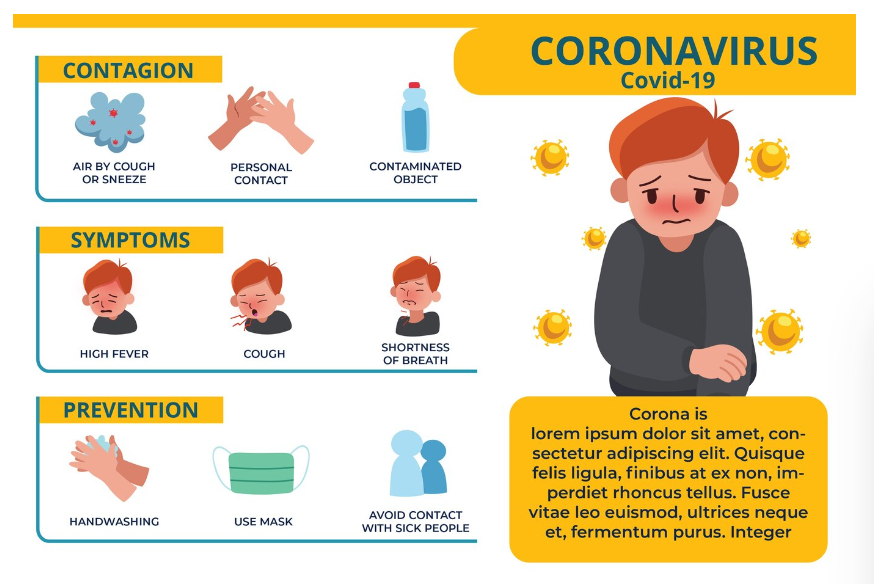
Symptoms and Clinical Presentation of MERS-CoV Infection
Introduction:
Recognizing the symptoms of MERS-CoV infection is essential for prompt diagnosis and treatment. In this blog, we’ll explore the common signs and clinical presentation of MERS-CoV infection, empowering individuals to seek timely medical care.
Symptoms and Clinical Presentation of MERS-CoV Infection:
- Respiratory Symptoms: MERS-CoV infection often presents with respiratory symptoms, including cough, shortness of breath, and difficulty breathing. These symptoms can range from mild to severe, depending on the severity of the infection.
- Fever: Fever is a common symptom of MERS-CoV infection, with temperatures typically exceeding 100.4°F (38°C). Fever may be accompanied by chills and body aches.
- Pneumonia: Severe cases of MERS-CoV infection can progress to pneumonia, a condition characterized by inflammation of the lungs. Pneumonia may cause chest pain, coughing up blood, and difficulty breathing.
- Gastrointestinal Symptoms: Some individuals with MERS-CoV infection may experience gastrointestinal symptoms, such as diarrhea and nausea. These symptoms are less common but can occur, particularly in severe cases.
- Kidney Failure: In severe cases of MERS-CoV infection, kidney failure, or acute renal failure, may develop. Symptoms of kidney failure include decreased urine output, swelling in the legs, and confusion.
Clinical Presentation:
The clinical presentation of MERS-CoV infection can vary widely, ranging from mild respiratory illness to severe pneumonia and multi-organ failure. Older adults, individuals with underlying medical conditions, and those with weakened immune systems are at higher risk of developing severe complications from MERS-CoV infection.
It’s important to note that not everyone infected with MERS-CoV will experience symptoms, and some individuals may only have mild symptoms or be asymptomatic carriers of the virus. However, even asymptomatic individuals can transmit the virus to others, highlighting the importance of preventive measures.
Conclusion:
Recognizing the symptoms and clinical presentation of MERS-CoV infection is crucial for early detection and management of the disease. If you experience any symptoms suggestive of MERS-CoV infection, such as respiratory symptoms, fever, or gastrointestinal symptoms, seek medical attention promptly to receive appropriate care.
To seek medical advice, always consult a Doctor. Here are our recommended experts. Click here
To read more on Respiratory disease . Click Here


